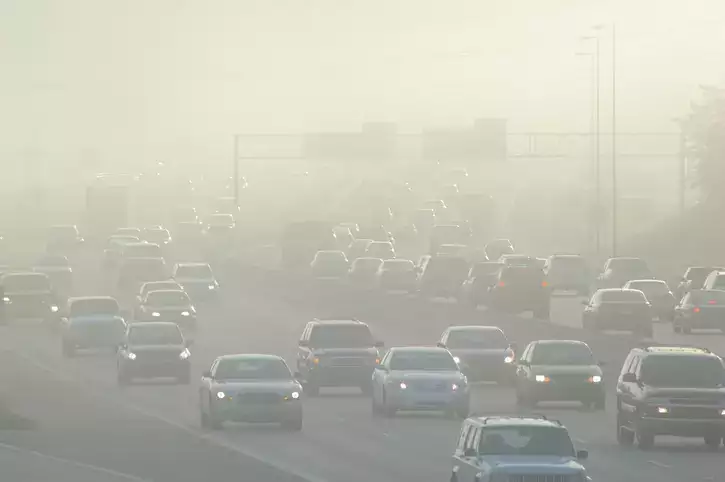Delhi air pollution crisis discussed at COP29 sidelines

In the context of vehicular pollution and emissions from coal-based power plants that pollute cities round-the-year, they underlined that there is broad consensus among health communities on the need to phase out fossil fuels sooner than later, redirect health-harming subsidies from the sector, and apply some of the lessons learnt from tobacco control to check fossil fuels use. They discussed the severe health impacts of fossil fuel pollution and emphasised the need for urgent policy changes.
Speaking about how fossil fuel use is escalating the air pollution crisis in many parts of the globe, Enkhun Byambadorj, co-founder, Breathe Mongolia, said, "The narrative in support of fossil fuels focusses on strong economic development and growth as the only parameter of success. We need to reframe this narrative and discourse. The air we breathe is a choice we make as a society at the expense of our young children and the future of everyone."
Aarti Khosla, director, Climate Trends, said, "We are all gathered here to talk about bigger issues that affect our climate and countries are dragging their feet so much when the lives and health of millions are at risk. We need to be urgently responsive to the realities of climate change that the world is facing today."
"We are giving USD 1 trillion in subsidies to giant multinational corporations who are making record profits but we are told there is not enough money for health care. We need to fund health and health care to preserve health for current and future generations," said Courtney Howard, vice-chair, Global Climate and Health Alliance (GCHA).

